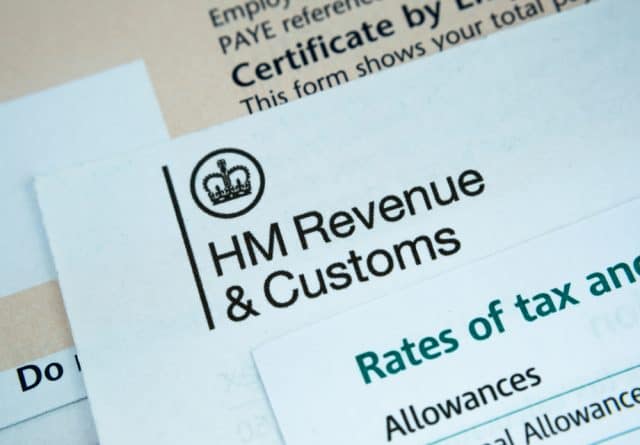HMRC has warned construction firms this week to prepare for controversial changes to IR35 rules.
The HM Revenue & Customs has warned businesses to prepare for the controversial changes to off-payroll working rules known as IR35.
Earlier this year, HMRC delayed the introduction of IR35 for 12 months to help businesses and individuals deal with the economic impact of Covid. The construction industry had hoped the new rules would be again delayed but the latest warning from HMRC this week has put pay to that.
Industry experts from Hudson Contract have said the move will “go down like a lead balloon” with the current economic crisis contractors are facing due to Covid.
In its latest statement, HMRC said: “We recognise that businesses are facing difficult challenges due to Covid-19.
“HMRC is providing information and support now to ensure businesses have plenty of time to prepare for the changes coming into effect in April 2021.”
As it stands now the rules allow workers to be employed via a personal service company (PSC) which determines whether IR35 tax rules should apply.
The new rules are intended to make sure all workers pay broadly the same tax and National Insurance contributions.
Ian Anfield, managing director of Hudson Contract, said: “This announcement will go down like a lead balloon with companies and freelancers fighting for survival in a difficult trading environment with the constant imposition of new lockdown restrictions.
“In the best of times, businesses and freelancers found the HMRC guidance on IR35 difficult to follow, causing confusion and concern over liabilities.
“The latest set of guidance runs over hundreds of pages and invites companies to attend online seminars which HMRC plans to run between now and April next year.
“The confusion has created a vacuum for bad advice with so-called HR specialists and umbrella organisations offering services which could lead to incorrect and potentially damaging determinations for companies and freelancers alike.
“Freelancers could find themselves in the worst of all possible worlds, paying employer and employee taxes but without any of the benefits of actually being employed and their clients would face losing access to a valuable resource if they refuse the terms.






















